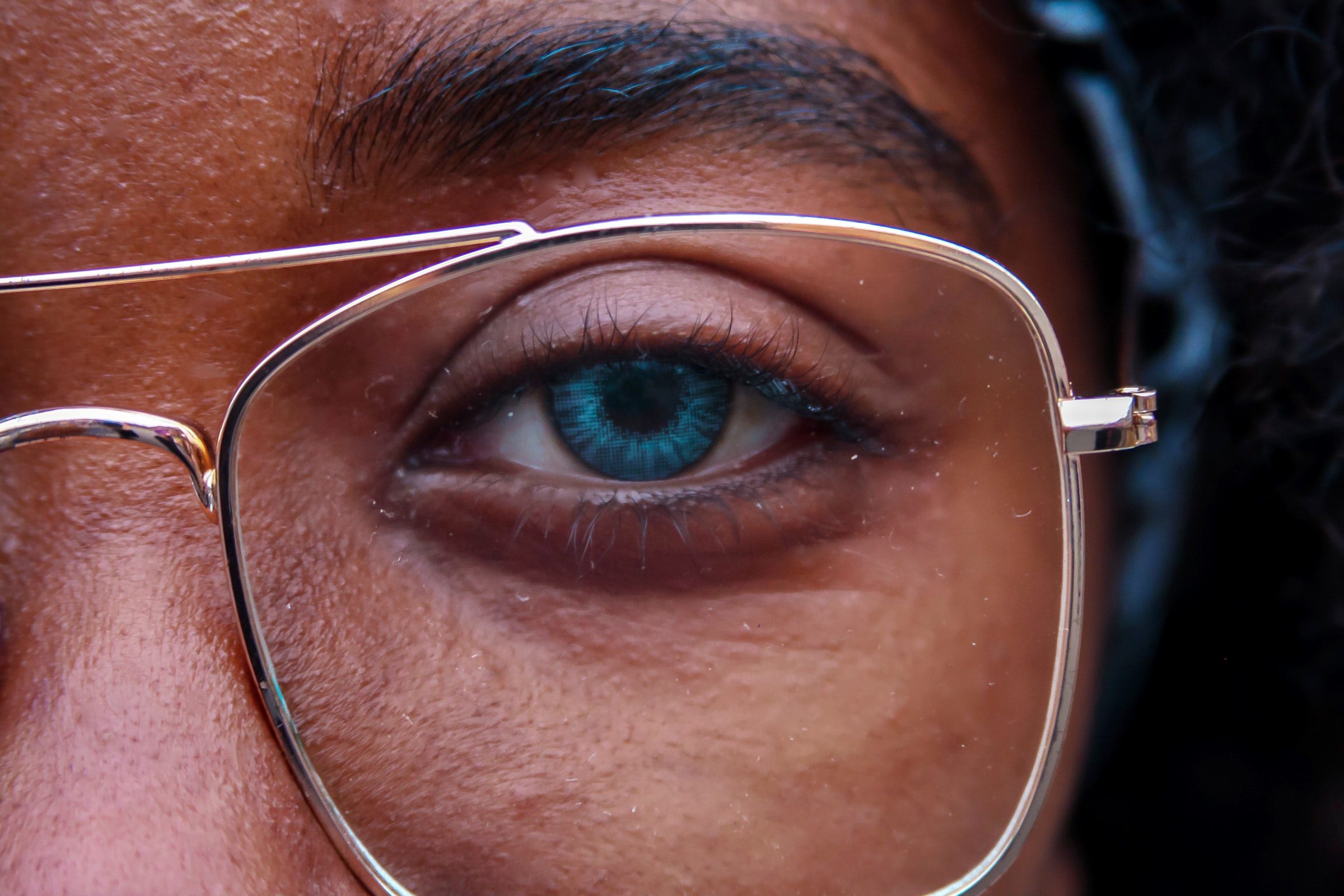When the pandemic caused everyone to work and play from home, staying virtually present through web calls and social media became high on society’s list of priorities. However, it is important to prioritize taking care of the body part that makes visuals possible: the eyes.
According to Premier Eye Care Group, “As hard as it may seem to believe, our eyes are composed of muscles. Similarly to the other muscles in our bodies, when we exercise the muscles of our eye, it’s important to give those a rest too.”
Those who engage in remote work regularly could also invest in blue light blocker glasses. Although the American Academy of Ophthalmology says that there are no scientific reports that show blue light from digital devices causes eye strain, it is directly linked to how people use their devices in proximity to their eyes. However, there are eye professionals who have seen the benefits of blue light blockers on a patient-by-patient basis (depending upon how much screen time a person engages in).
WebMD shared that consumers who use blue light blockers were asked for their testimonials after having their own experiences with blue light glasses:
“I use them so often that I have a pair of blue light glasses around my neck all day,” Michael Clark, a San Diego resident, said. “I’m not an optometrist. I just know that my eyes don’t get as tired at the end of the day. My frequency of headaches has gone down. I’m able to focus on things easier on a screen.”
In comparison to Erin Sattler, a resident of Bellevue, Washington, who was sold on blue light blockers changed her opinion on them after use.
“After doing more research, I have learned that the blue light technology isn’t well-founded and is largely a placebo effect,” Sattler said. “I now wear mild prescription glasses, and THAT has made a major difference. I believe I was experiencing relief from achy eyes with the blue light glasses because I would take them off regularly to clean them, adjust them, or talk to a coworker in my office.”
Despite the conversations centered around the effectiveness of blue light blockers, there is no debate that the simplest way to give eyes a rest is by closing them, even if only for a few moments. Eyes can easily become strained through remote work, as such Centrum recommends reducing the risk of tired eyes by taking breaks in between looking at screens in intervals of 20 minutes.
Health professionals also recommend avoiding bright lights before sleep because they have the potential to disrupt the body’s production of melatonin, the hormone responsible for helping you sleep.
Here are eye care and exercise tips recommended by Premier Eye Care Group to do throughout the day:
Sunning is useful for warming and waking up the eyelids in the morning after a full night of rest. Stand in front of a window or door with closed eyes and enjoy the sunlight. It’s suggested that
“Sunlight can help the retina release dopamine, which leads to healthy eye development.”
Throughout the day palming and eye massages are effective ways to relax the eye. Palming the eye is essentially about using warm hands to cover the eyes. Engaging in meditation while palming also helps with relaxation.
Eye massages throughout the day and before bed can also be relaxing. Using clean fingers, gently massage closed eyelids, under the eye, and around temples to increase blood circulation and relax the muscles in that area.
A warm and cold water compress is an efficient way to relax the eyes after a long day of straining eye muscles. A warm water compress will help relax the eye muscles and a cold water compress will aid in reducing puffiness caused by eye strain.
And lastly, cover the eyes with eye masks or another soft material to block out light at the end of a long day.





